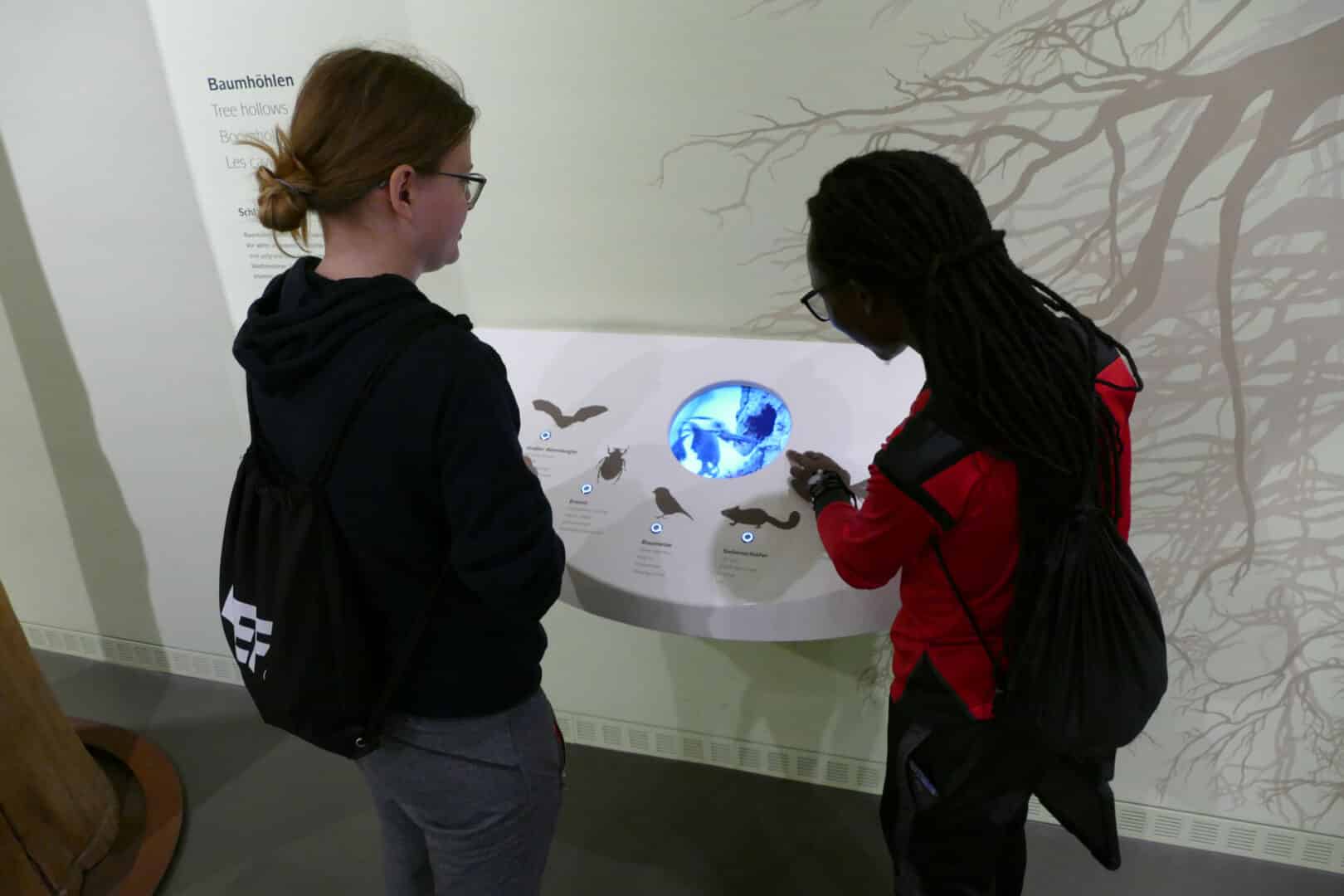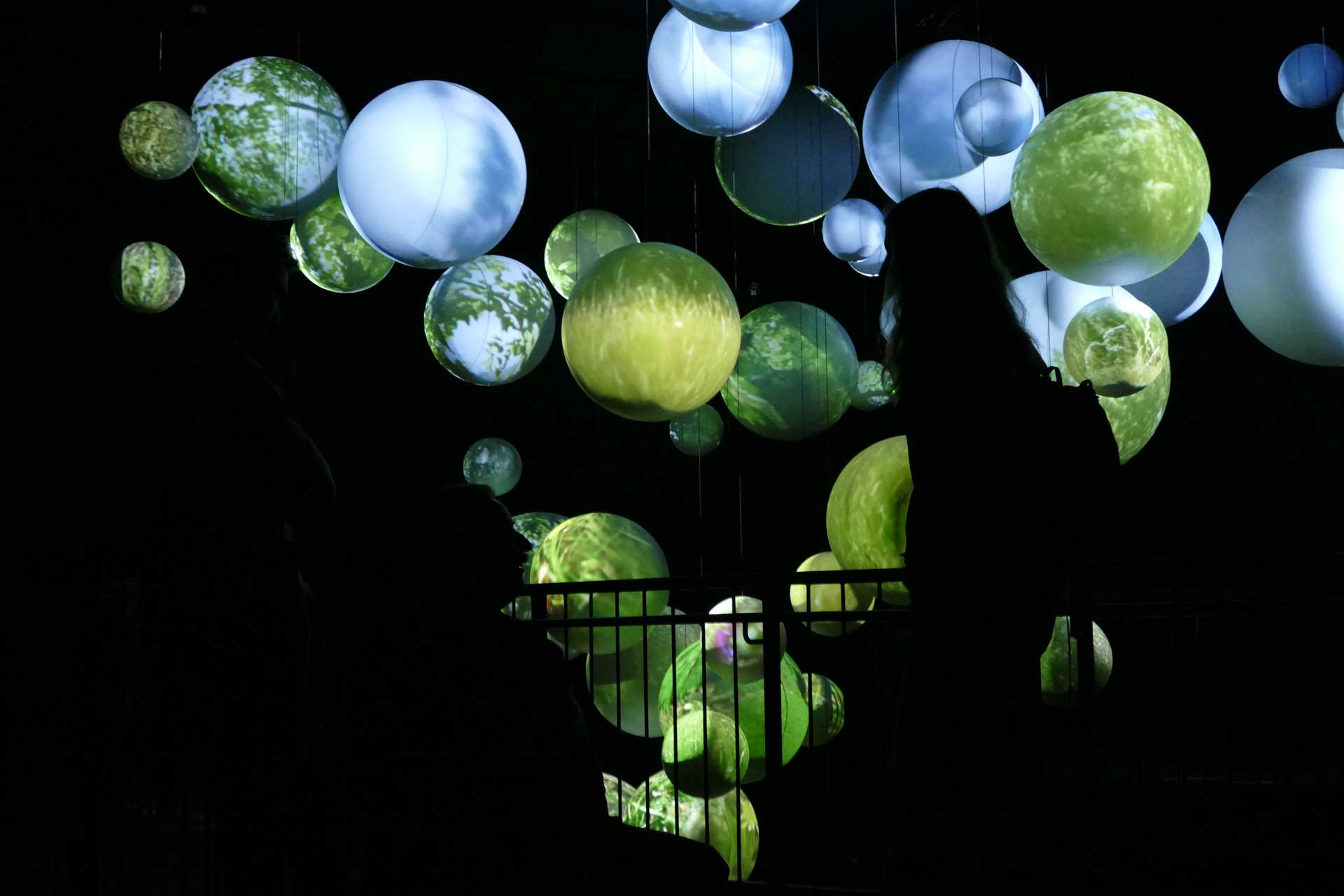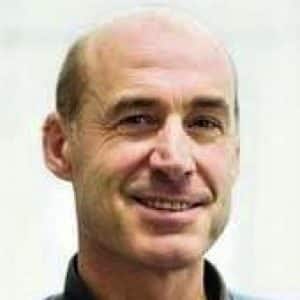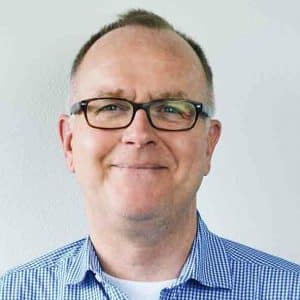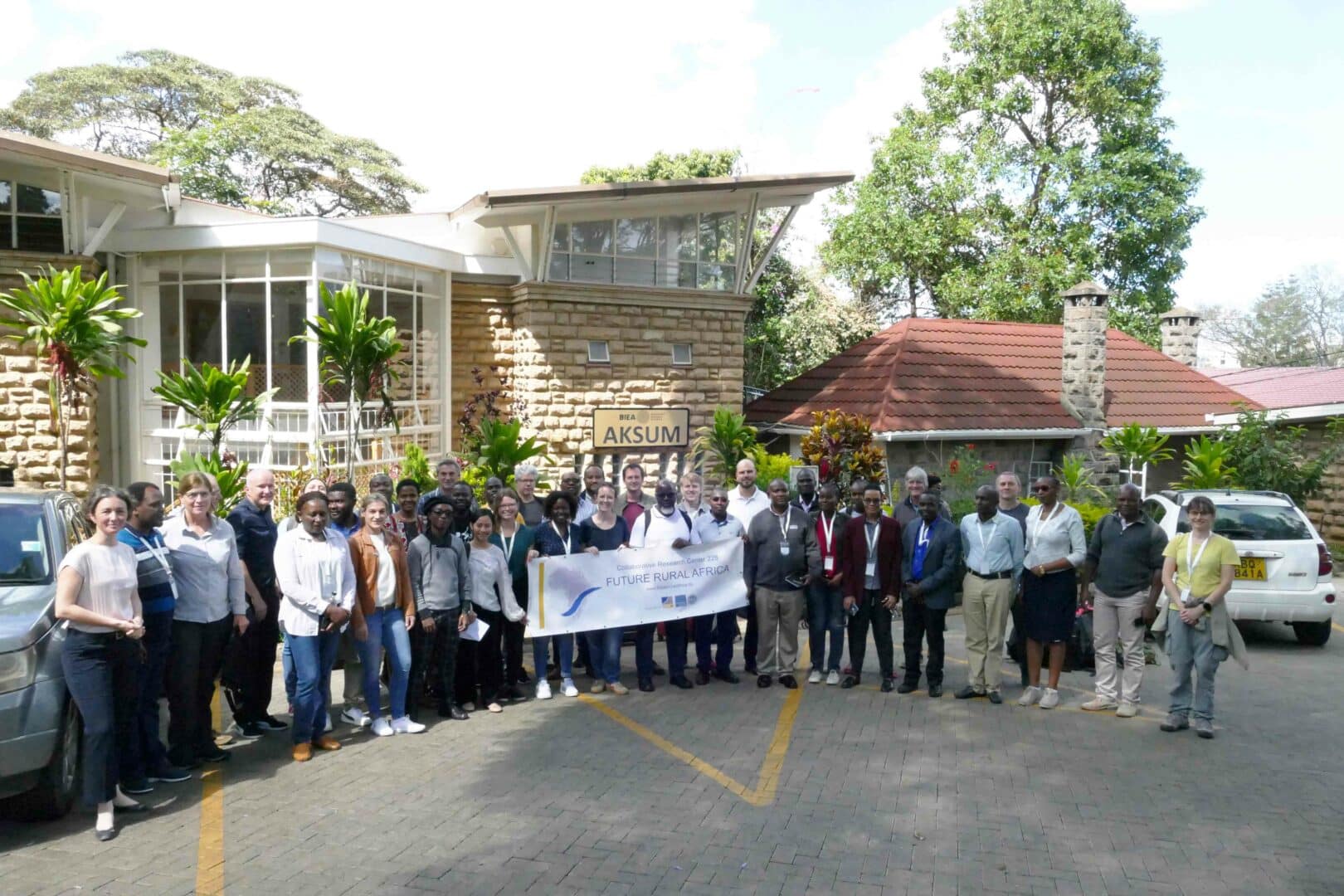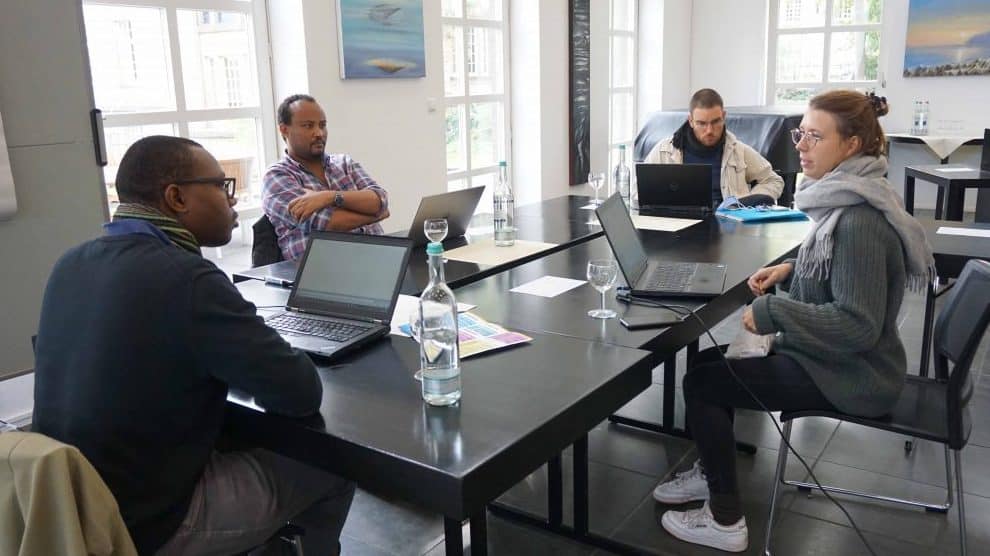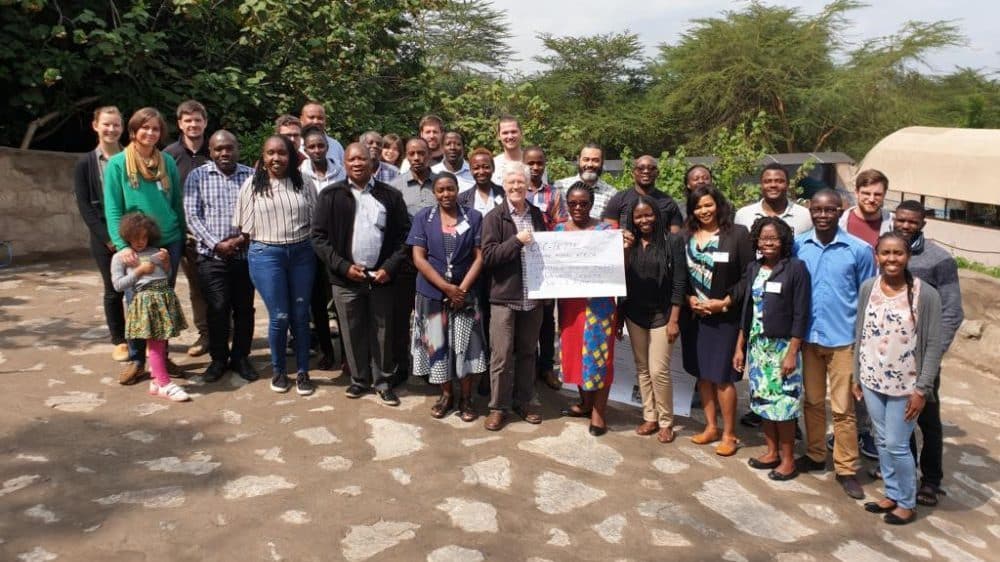CRC TRR 228 Project Z04
Integrated Research and Training Group (IRTG)
Z04 Integrated Research and Training Group (IRTG)
Project Summary
The IRTG build on existing PhD programmes at both , but wishes to complement them with a training programme that addresses the particular design and contents of the CRC. he Bonn International Graduate School in Development Research (BIGS-DR) based at ZEF builds ona long tradition of graduate education in the context of development research, with many of its graduates focusing on the field of African Studies. the Theodor-Brinkmann-Graduate School (TBGS) of the Agricultural Faculty at the UoB provides a structured graduation context for PhDs working on topics related to agrarian questions in the Global South, particularly Africa. the a.r.t.e.s. graduate school serves as educational basis for all doctoral students of the Faculty of the Humanities, supported by the German Excellence Initiative (until 2019) as well as the German Academic Exchange Service (DAAD).
The Graduate School for Geosciences (GSGS) at the UoC offers a structured PhD programme for students in Geography. In all four schools, the interdisciplinarity and internationalization of academic research a decisive role, so that they form an ideal institutional background for the graduate training of the CRC. Nevertheless, to strengthen its cohesion and to deepen exchanges with PhD students in collaborating institutions in Africa it remains crucial for the CRC to create structures that facilitate and foster exchange and discussion among all the Early Career Researchers (ECR) involved in the project. For the IRTG, a number of modules amounting to 12 Credit Points (CP) have been developed in order to guarantee and encourage exchange between the CRC graduates, who will all be enrolled in either the BIGS-DR, TBGS (both UoB), a.r.t.e.s. or GSGS (both UoC). The modules designed and coordinated jointly by the PIs and postdocs of the CRC (1) provide ECRs with training to enhance their theoretical knowledge and jointly explore the conceptual potential of Future Studies, particularly in relation to the thematic focus of the CRC (Module 1), and (2) train a new generation of scholars transcending traditional disciplinary boundaries to understand, critically discuss, and handle diverse methodological approaches and respective formats of data generated across the divides between the social and natural sciences (Module 2). We also wish to acknowledge and encourage the participation of the ECRs at external workshops and conferences, as well as the organization and reflection of CRC-related lecture series, workshops, and reading weeks (Module 3). General academic skills as well as transferable skills shall be addressed within the existing structured doctoral programs. This way, the IRTG will enhance the exchange and coherence within the highly interdisciplinary yet thematically focused CRC, while at the same time providing opportunities to strengthen disciplinary skills in the context of well-established programs.
Integrative IRTG
The IRTG builds on existing PhD programmes at both partner universities but complements them with a training program that addresses the particular design and interests of the collaborative research center (CRC). The IRTG thus enhances the exchange and coherence within the interdisciplinary yet thematically focused CRC and provides opportunities for early career researchers (ECR) to strengthen disciplinary skills in the context of well established programmes.
Organization of the IRTG
‘’The IRTG was established during the first General Assembly of the CRC. It consists of a Chair and Deputy Chair, as well as three students, one from each project group, and a student representative who is part of the CRC executive board. The scientific coordinator of the CRC coordinates and assists in the organization of IRTG activities. The PIs coordinate the communication with and structural developments to BIGS-DR and a.r.t.e.s..’’
Training Plan
Module 1:
Provide ECRs with training to enhance their theoretical knowledge and jointly explore the conceptual potential of Future Studies, particularly in relation to the thematic focus of the CRC. (Summer School 2018, Nairobi, Summers Schools 2022, Windhoek & Naivasha)
Module 2:
Train a new generation of scholars transcending disciplinary boundaries to understand, discuss, and
handle diverse methodological approaches and respective formats of data generated across the social and natural sciences. (Summer School 2022, Naivasha; Summer School 2022, Windhoek)
Module 3:
Module 3 of the IRTG is designed to encourage the participation of ECRs at external workshops and conferences as well as the organization and reflection of CRC-related lecture series, workshops, and reading groups.
This module is partly integrated into the programme of CRC summer schools, and in workshops, e.g. the workshop held in August 2019, co-organized by partners of the University of Namibia at its Katima Mulilo campus. Moreover, the ECRs of all projects are invited to present their findings at the monthly jour fixe meetings.
Module 4:
Provide general academic skills as well as transferable skills in report production, abstract writing, publishing strategies, communication with diverse audiences, time management, and budgeting, to enhance the ECRs’ employability across academic, industrial, public, and educational sectors. The goals of this module were addressed in all three summer schools conducted by the CRC in 2018, 2019, and 2020 respectively, particularly in the third one, with individual sessions dedicated to the training of academic skills and will continue to be addressed in future summer schools. Furthermore, two self organized ECR workshops were planned, one in 2018 and a second one in 2020, in order to target the contents of the fourth module. Unfortunately, due to the reinforced COVID-19 restrictions, the second workshop in 2020 had to be cancelled at short notice.
Key Achievements
1. Organising and hosting annual Summer Schools
2. Organization of regular trainings and workshops for ECRs on topics related to future making in rural Africa
3. Funding of study visits

